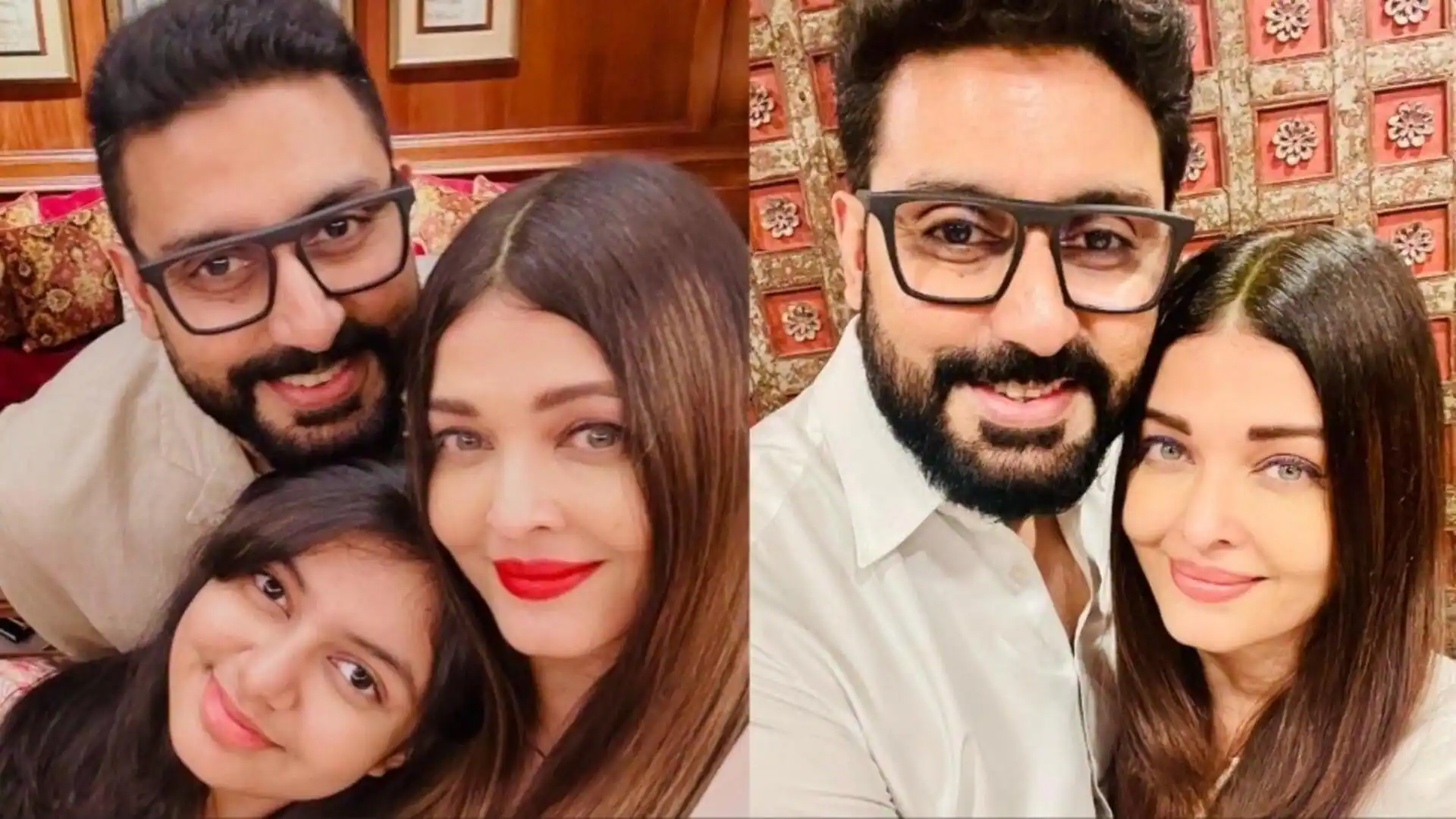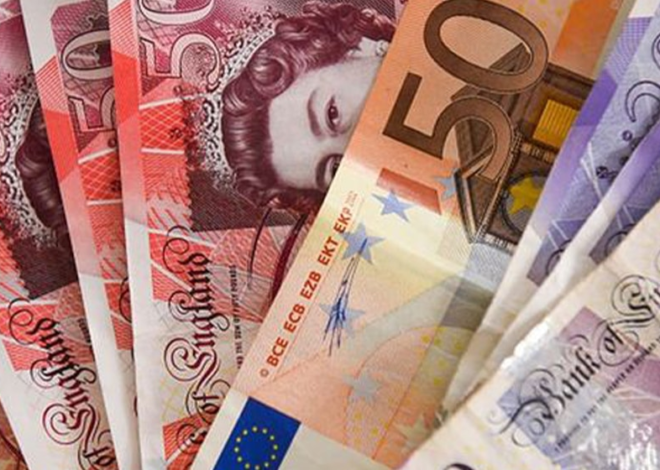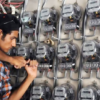
YouTube AI Content Ban: YouTube Removes AI-Generated Bollywood Videos After Bachchan Family Lawsuit
The Rising Clash Between AI and Celebrity Rights
In a digital age where artificial intelligence has the power to create lifelike audio and video content, questions surrounding ownership, likeness, and authenticity have become increasingly urgent. Recently, YouTube took down several AI-generated Bollywood videos after the Bachchan family filed a lawsuit, citing intellectual property violations. This action highlights a growing tension between technological advancements and the legal protections of public figures.
The lawsuit filed by the Bachchan family specifically challenges the unauthorized use of their voices, faces, and personas in AI-created videos. These digital imitations, though not real, mimic their appearance and speech to an uncanny degree, raising concerns about how such content can mislead audiences and harm reputations.
The Legal Stand Against Unauthorized AI Content
The Bachchan family’s legal team argued that these AI-generated videos not only violated their intellectual property rights but also posed a threat to personal dignity and artistic legacy. By using artificial intelligence to replicate their voice or image without consent, creators of such content crossed ethical and legal boundaries.
The lawsuit emphasizes the importance of drawing a clear line between creative freedom and the exploitation of celebrity identity. While parody and satire have long been recognized as forms of expression, the use of AI to generate lifelike impersonations introduces new risks. In many cases, these videos may blur the line between reality and fabrication, potentially misleading millions of viewers.
YouTube’s Response and Content Removal
YouTube, as a global platform, responded by taking down the videos in question, underscoring its commitment to addressing copyright and personality rights concerns. The platform has previously dealt with issues surrounding music rights and movie piracy, but this case stands out as it centers on AI-generated likenesses rather than traditional copyrighted material.
By removing the videos, YouTube sets a precedent for how platforms may handle disputes over AI content in the future. This move indicates that global tech companies may have to expand their policies to address not just piracy or misinformation, but also identity misuse in the age of AI.
Broader Implications for the Entertainment Industry
This legal development extends beyond the Bachchan family and Bollywood. Celebrities worldwide face similar risks as artificial intelligence becomes more sophisticated in replicating appearances and voices. From Hollywood actors to sports figures and political leaders, the ability to generate realistic impersonations without consent challenges existing laws around publicity rights and digital ethics.
The entertainment industry, in particular, is under pressure to find legal and technological solutions to protect artists and performers. Contracts, endorsements, and brand value often rely heavily on celebrity image and reputation. Unauthorized AI-generated content undermines these foundations, making it critical to strengthen safeguards.
The Future of AI Regulation and Celebrity Protection
The Bachchan family’s lawsuit may serve as a catalyst for broader regulatory discussions on AI content creation. Governments, legal experts, and technology companies will need to collaborate on developing frameworks that strike a balance between innovation and protection of personal rights.
This case demonstrates that the misuse of AI-generated media is not a distant hypothetical but a present reality. The outcome of such legal battles will likely shape how the world navigates the complex relationship between artificial intelligence and human identity in the years ahead.








